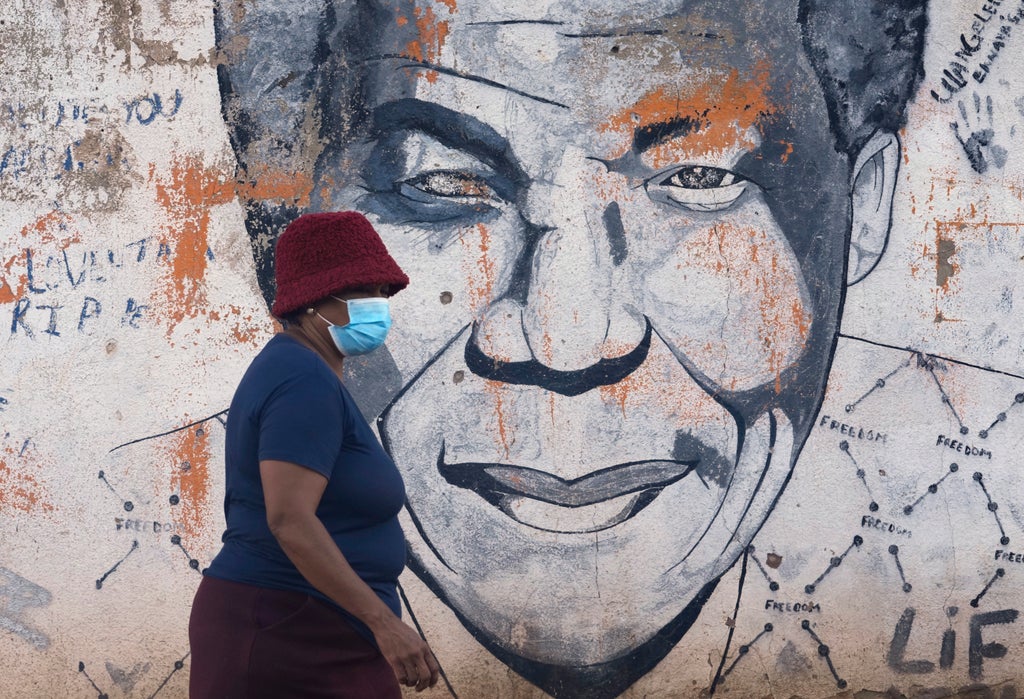
South Africa has likely entered a new wave of COVID-19 earlier than expected as new infections and hospitalizations have risen rapidly over the past two weeks, the country’s health minister said on Friday.
The increase in new cases has been dominated by the BA.4 and BA.5 lineages of the omicron variant which dominated the country’s earlier wave of the virus.
“Whichever way you look at it, it does suggest that we may actually be entering the fifth wave much earlier," Health Minister Joe Phaahla said Friday at a televised press briefing.
He said officials will be watching carefully over the next few days to determine if the increase is sustained which would confirm a new wave.
The country’s new infections are now several thousand per day, up from a few hundred a few weeks ago.
According to Phaahla, there was currently no information indicating the emergence of a new strain, which scientists had earlier suggested may drive the country’s fifth wave, expected during the country’s upcoming winter season from May into June.
“We have always been informed that when a new wave comes, it will be driven by a new variant, but at this stage we have not been alerted to a definite new variant except changes in the omicron,” said Phaahla.
Three South African provinces — Gauteng, KwaZulu-Natal and Western Cape — currently are accounting for 85% of new infections, with the positivity rate in Gauteng and KwaZulu-Natal above 20%, he said.
Hospitalizations from the new cases are increasing but are still relatively low, Dr. Waasila Jassat from the National Institute for Communicable Diseases, said.
“We are starting to see a small rise in hospital admissions in the private and public sector," said Jassat. “Since around the 17 of April, we are seeing a sharp increase in hospital admissions.”
South Africa has experienced the highest number of infections in Africa since the beginning of the pandemic in 2020, accounting for more than a quarter of the continent’s 11.4 million cases.
More than 252,000 people in South Africa have died from the virus, but the numbers are considered to be much higher when considering the number of excess deaths recorded since the pandemic compared to the same periods before the pandemic.
Just over 44% of South Africa's adult population has been vaccinated.







